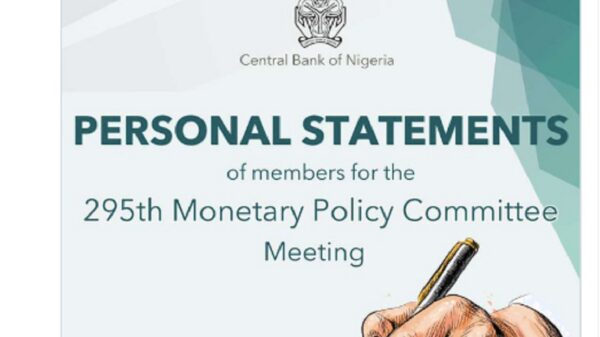The World Bank forecasts that growth in Nigeria will resume at 1.1 percent in 2021 — significantly weaker than previous projections, and edge up to 1.8 percent in 2022.
The Bretton Woods Institution, in a new report, titled: “Global Economic Prospects” released on Tuesday warned that Nigeria’s economy would face severe challenges in 2021, worsened by dampened low oil prices, falling public investment due to weak government revenues, constrained private investment due to firm failures, and subdued foreign investor confidence.
It predicted that the global economy will expand by 4 percent in 2021 on the back of an initial COVID-19 vaccine rollout becomes widespread throughout the year.
“In all, this reversal is projected to push tens of million more people in the region into extreme poverty cumulatively in 2020 and 2021.”
However, growth in Sub-Saharan Africa is expected to rebound only moderately to 2.7 percent in 2021 — 0.4 percentage point weaker than previously projected — before firming to 3.3 percent in 2022.
“Moreover, private consumption prospects will be weighed down by lost incomes and higher precautionary saving among nonpoor households, as well as lower remittances and the depletion of savings among poor and unemployed households amid inadequate social safety nets,” the report said.
“The pandemic caused an estimated 6.1 percent fall in per capita income last year and is expected to lead to a further 0.2 percent decline in 2021, before firming somewhat in 2022.
“The resultant decline in per capita income is expected to set average living standards back by a decade or more in a quarter of Sub-Saharan African economies, with even more severe setbacks in Nigeria and South Africa — home to one-quarter of the region’s population.
“In all, this reversal is projected to push tens of million more people in the region into extreme poverty cumulatively in 2020 and 2021.”
The report said a high debt burden is likely to limit the ability of many sub saharan countries to fund post-COVID reforms.
It, however, noted that pandemic could create a momentum to implement major reforms such as removing inefficient fuel subsidies, liberalizing the telecommunication sector, and promoting competition in the energy sector.


















































You must be logged in to post a comment Login